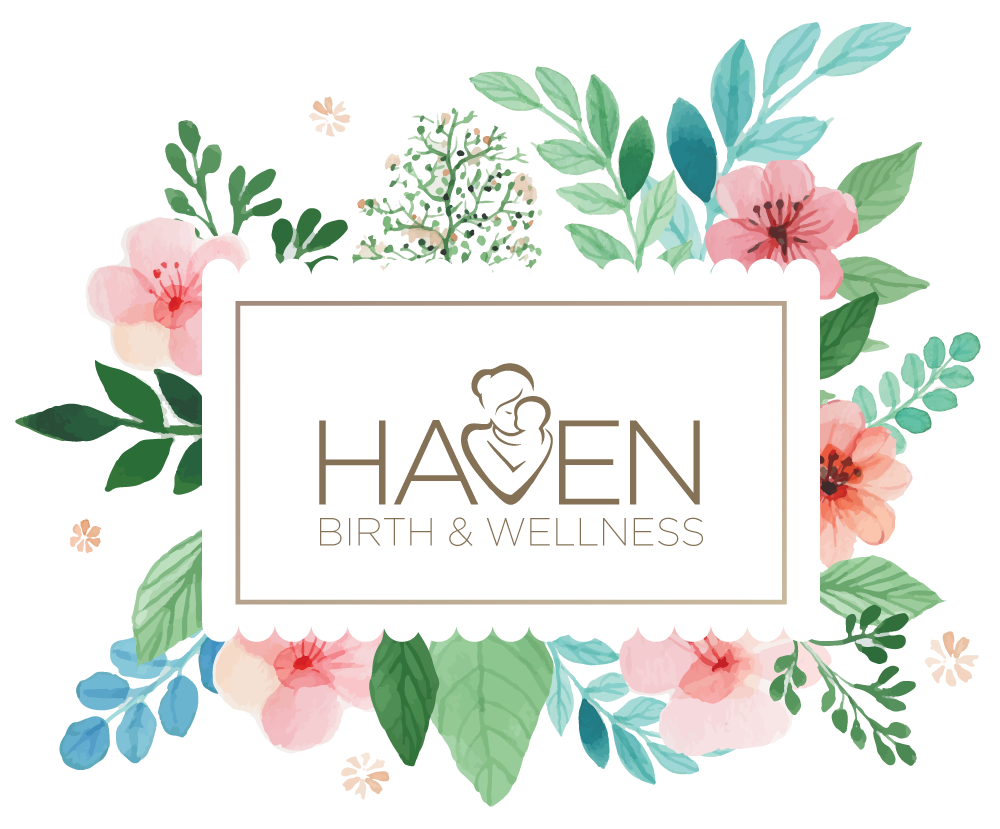What to Expect at Your 6 Weeks Postpartum Visit
As a certified nurse-midwife, one of my favorite visits is seeing new mothers at their 6 weeks postpartum appointment.
During this special visit, we get to see both mom and baby, check in on your recovery, and ensure you’re getting the support you need. It’s more than just about a physical check-up — it’s a time for you to feel seen, heard, and cared for.
Your 6 Weeks Postpartum Visit: A Holistic Approach
While one purpose of the 6 weeks postpartum visit is to check on your physical well-being, we also want to find out how you’re doing mentally and emotionally, and provide support where needed. For this reason, your appointment includes a variety of elements:
Reflection and Mental Health Check-In
After you arrive for your 6 weeks postpartum visit, we often begin by catching up and reflecting on your birth experience. This is a great time to discuss how you’re doing mentally and emotionally as well as any specific challenges you’re facing. We also screen for postpartum anxiety and depression, common conditions that can appear up to a full year after giving birth.
Physical Recovery Monitoring
To monitor your physical recovery, we check that your bleeding and cramping have resolved, and any tears or stitches have healed properly. We look for any signs of diastasis recti (abdominal muscle separation), and we can check for prolapse if needed.
If you’re experiencing pelvic floor concerns, such as pressure, constipation, or hemorrhoids, we often recommend pelvic floor physical therapy (PFPT). In fact, PFPT can be beneficial for most postpartum women.
During the physical portion of the appointment, we can also perform a Pap smear for mothers who are due for their next screening.
Breastfeeding Support
If you’re breastfeeding, we’ll spend time discussing how it’s going. We’ll address any challenges you’ve encountered, check for symptoms of plugged ducts or mastitis, and perform a breast exam if desired. Our aim is to ensure you’re getting the support you need to meet your feeding goals.
Intimacy and Family Planning Advice
Many parents wait until their 6 weeks postpartum visit before resuming intimacy, so we discuss what that might look like for you. I always like to remind women that everyone is different, and your readiness depends on your body and emotional comfort.
Related points of discussion include your menstrual cycle — which may not have returned yet if you’re breastfeeding — and contraception options such as lactational amenorrhea (LAM, natural protection while exclusively breastfeeding), Fertility Awareness Method (FAM), non-hormonal options, or hormonal contraception, depending on your preferences.
Exercise and Activity Input
For those who want to resume exercise or other physical activity, the 6 weeks postpartum visit is often a good milestone for getting started. However, I advise moms to take it slow, start gently, and listen to their bodies. Just because you’ve reached 6 weeks doesn’t mean your body is fully healed, especially if you’ve had a more difficult recovery. There’s nothing wrong with taking a few extra weeks to fully heal.
Postpartum Self-Care and Support Recommendations
The postpartum period is a fun and rewarding time, but it’s also one filled with new challenges and adjustments. At 6 weeks postpartum, we remind you that caring for your own physical health is important, too. Not only does a nurtured body allow you to better care for your baby, it supports your mental and emotional health as well.
Remember the basics:
Nutrition: Eating a balanced, nutrient-dense diet is essential, especially if you’re breastfeeding. Your body is still giving so much to your baby, and you need to restore yourself.
Hydration: Staying hydrated helps with milk production and overall well-being.
Rest: Sleep deprivation is common in this season of life, but it can lead to greater emotional struggles. We discuss strategies to maximize rest, even in small increments.
Support: Feeling supported by family and friends can lighten the load. We check in about your local support network and how they may be playing a role during this transitional period.
Postpartum Is More Than 6 Weeks
While the 6 weeks postpartum visit is an important milestone, postpartum doesn’t “end” here. Conditions like postpartum depression or anxiety, or physical concerns such as mastitis can arise months later. Remember, we remain here for you well beyond the 6 weeks postpartum visit — whether it’s for a mental health check-in, a physical issue, or just a listening ear.
Your 6 Weeks Postpartum Visit: Final Thoughts
Healing after childbirth is deeply personal. It doesn’t follow a set timeline, and no two experiences are alike. Whether you need more time to recover, reassurance about your progress, or practical advice, we’re your team.
Our goal is to support you at 6 weeks postpartum and throughout the entire postpartum transition, ensuring you feel heard, cared for, and empowered. We’re here to walk alongside you, no matter where you are in your journey.
You’ve got this, and we’ve got you.
Lauren Schrenk, CNM, MSN
Lauren Schrenk is a midwife at Haven Birth & Wellness, dedicated to providing holistic, community-based care. With a deep passion for women’s health and natural birth, Lauren focuses on empowering women through informed choices and personalized care. She is excited to be part of Haven's mission to support families during such pivotal moments in their lives.
Originally from Georgia, Lauren now lives in Nashville with her husband, golden doodle, and their sweet daughter. Outside of midwifery, Lauren enjoys hiking, camping, traveling, and exploring Nashville’s vibrant community.
Disclaimer: The content on the Haven Birth and Wellness website is created and/or reviewed by qualified Certified Nurse Midwives and healthcare professionals. We strive to provide accurate and detailed information for our readers. However, this blog is intended for informational purposes only and should not be considered a substitute for professional medical advice. Your own healthcare provider is best equipped to understand your unique situation and medical history. Always consult with your healthcare provider before making any decisions that may affect your health.



